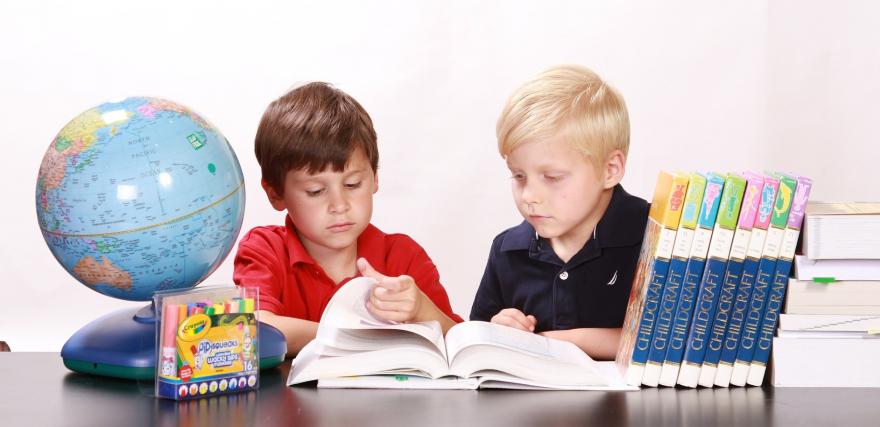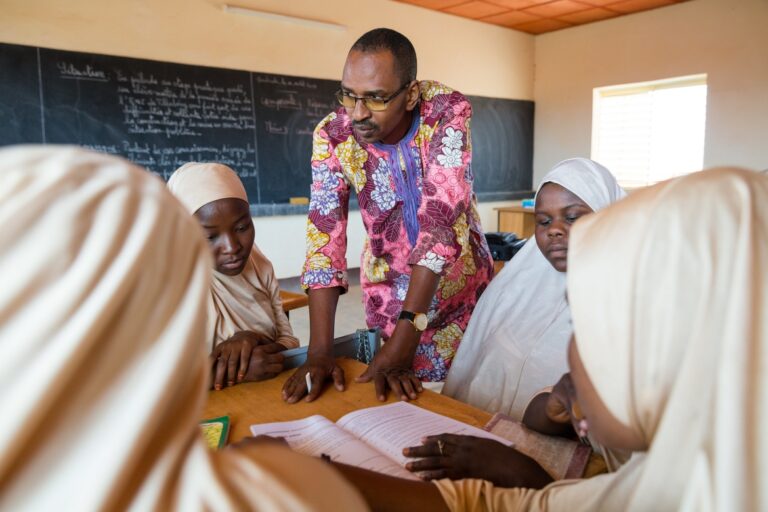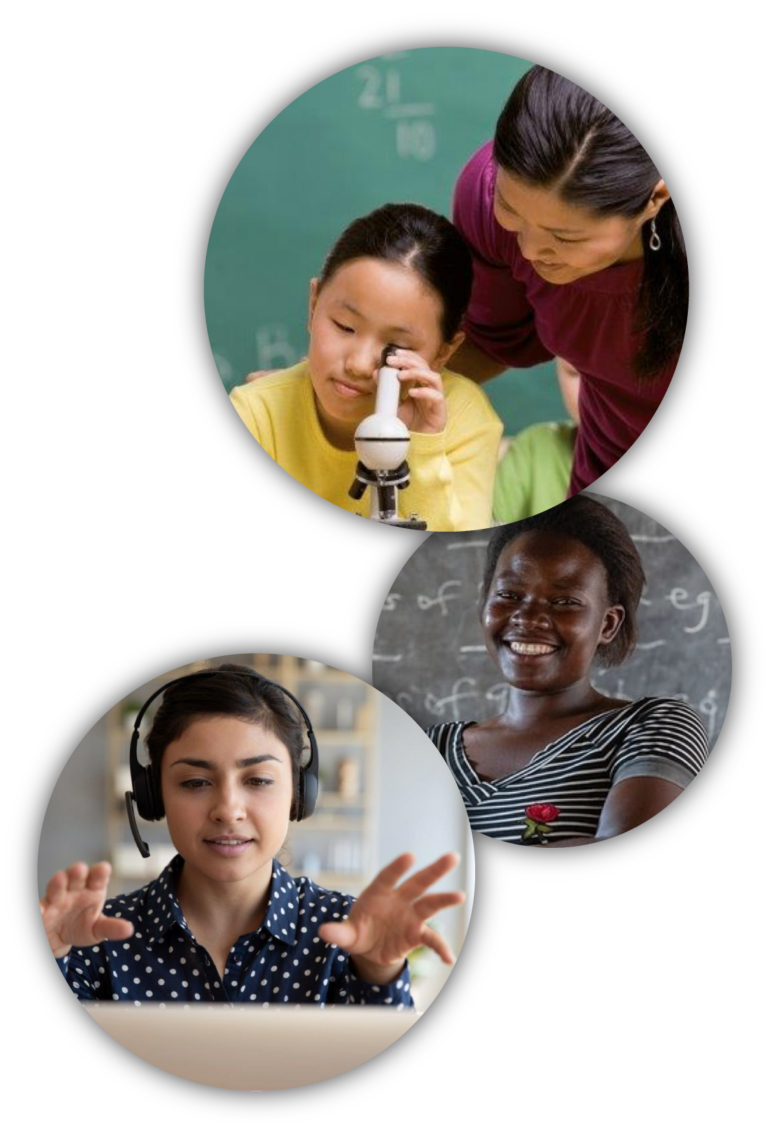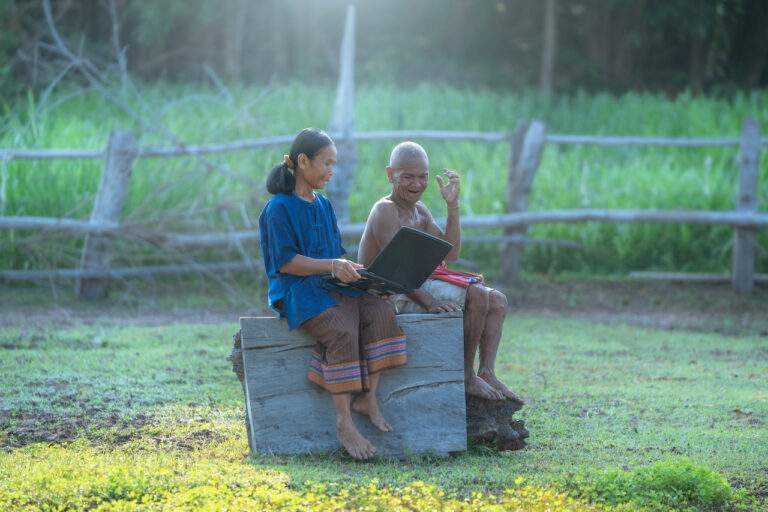Story Source: Smart Brief ~ Go to Original Article
As a Dean of Students at DC Public Schools, I consider it my primary duty to ensure that students and staff feel connected and engaged at school. Langley Elementary, a school within our district, has historically struggled with behavior challenges, high suspension rates and an unimpressive student satisfaction rate. To compound this, an increase in charter schools in the area has resulted in a competition between public and private education, and the area neighborhoods are becoming gentrified.
Rather than leave things as they were and hope for the best, I decided it was time to weave a social-emotional learning program into curriculum and craft a school culture from scratch — one that focused on the success and happiness of the student, as well as consideration for each individual’s emotional needs……..



